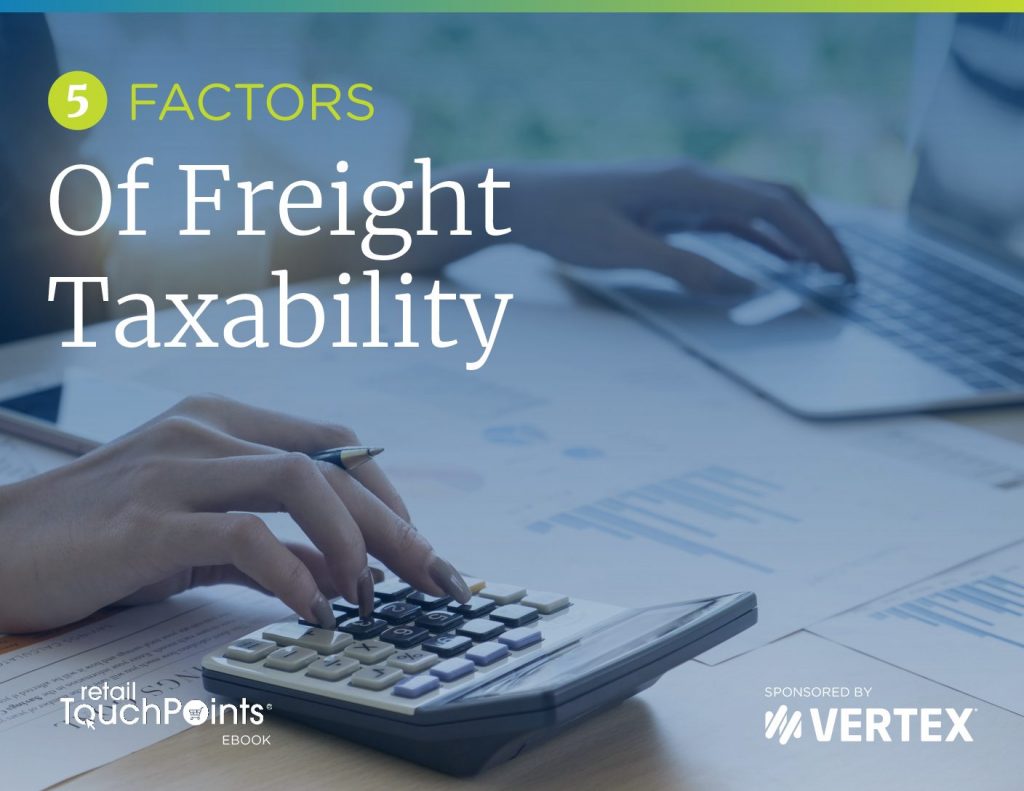Whether consumers are buying gifts for family or companies are purchasing steel for a factory, e-Commerce has made remote purchasing and shipping commonplace. But the ease of buying goods and having them delivered creates tax complexities for the sellers, in the form of freight and shipping charges.
Freight taxability goes by many names — such as shipping, transportation or delivery charges — and has generated attention because of the confusion it can sometimes cause. Freight and shipping charges are, by definition, charges by the seller for the preparation and delivery of tangible personal property to a location designated by the customer. The rules for the taxability of freight or delivery charges vary from state to state. But how do retailers figure out when freight and shipping charges related to retail sales are subject to sales and use tax? This e-Book offers the answers.






